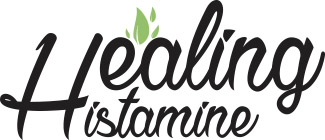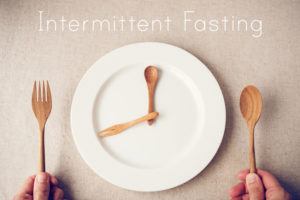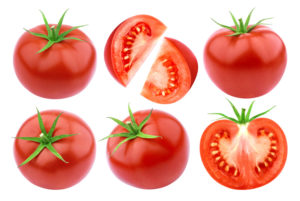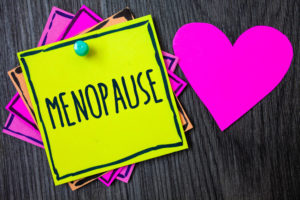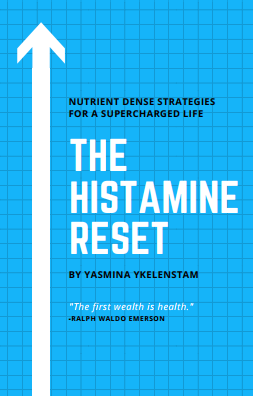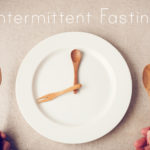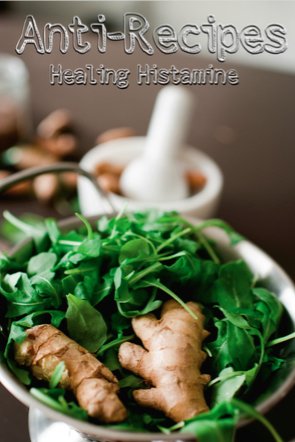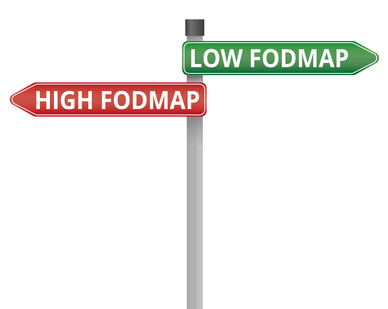
UPDATE: math is not my strong point so my apologies. I have changed the first graph to reflect verbatim the histamine reduction.
In the last few years research into causes of IBS have explored a link to foods high in fermentable oligosaccharides, disaccharides, monosaccharides, and polyols (FODMAPs) [1]. And now researchers believe a low FODMAPs diet may work in part because they found “an eightfold reduction of histamine in the low FODMAP group” of a recent IBS study [2].
IBS is a chronic, often disabling condition causing stomach pain and bowel issues. It’s thought that between eight and twenty percent in the US suffer from it, with IBS accounting for nearly half of all gastroenterologist visits [3]. Histamine intolerance and mast cell activation may initially have been misdiagnosed as IBS in the beginning (as mine were).
A number of the studies I read found food elimination diets as an IBS treatment have yielded conflicting results, except in subjects with diarrhea, or the histamine runs as I’ve been known to call it.
Temporary restriction of high FODMAPs foods which cause an increase in fermentable products in the small intestine and colon, resulting in distention and gas however, may provide relief for a subset of IBS patients [4].
A 2016 study in the journal Gut finds that a low FODMAP diet “may significantly improve IBS symptoms”. FODMAPs were shown to affect the histamine levels and microbiotia in some of the study participants. In the low FODMAP group there was an eightfold (800%) reduction of histamine and an increase in good bacteria [5].
While this is certainly interesting news, many of the FODMAPs foods appear on other lists, so it would be best to individually test foods rather than just exclude another entire list. Many of these foods are very healing: anti-cancer etc, and I’m all about eating a balanced diet of healing nutrients. I would also urge you to work with a nutritionist to ensure your diet doesn’t become restricted to the point of malnutrition – something highly probable if you’ve already eliminated high histamine foods and are now on a FODMAPs mission. My approach would rather be to continue as I am, including a smattering of nutrient dense healing foods overall (rather than focusing on histamine, FODMAPs etc).
I’ll be sharing the PDFs I used to help plan my recovery in my upcoming 90 minute online workshop. Because while there’s no point in blindly following lists, we sometimes need a coherent plan to share with nutritionists and doctors who aren’t up to speed with the issues we’re dealing with. You can read more about that here.
In that vein…the Stanford Medical Center points out that issues may arise when FODMAPs are eaten in excess [6]. And that’s my point exactly. When you have an inflamed body, either because your mast cells are generally programmed to be on high alert and constantly releasing inflammation/histamine, or if you have too little of the histamine-degrading DAO enzyme, or your diet is waaaaaaay high in FODMAPs, just dialling things down a little and putting extremist food views aside could be a better way forward. Just the mental anguish of following these incredibly restrictive diets is counter productive in that stress hormones can cause mast cells to dump more inflammation/histamine into the blood stream.
The Stanford Medical Center recommend a trial period of eliminating FODMAPs followed by adding high FODMAP foods back one at a time in small amounts to identify food triggers [7]. Interesting, sounds like my approach exactly: figure out what bothers you rather than eliminating an entire list. Something I’ll help you learn how to do in the online workshop.
Interestingly I’ve long advised those struggling with their health to limit sugar intake, because it can be inflammatory [8]. And so we come to a 2012 study in the journal Gastroenterology and Hepatology seeking to determine why a low FODMAP diet appeared to help IBS patients [9]. They discovered that fructose and fructans in the high FODMAP foods were the most problematic. When starting out on the standard low histamine diet I really read my list as gospel. So when I saw that sugar was fine, I gorged myself on sugary snacks to make up for the misery of the diet. At this point I was unable to tolerate many FODMAPs and salicylate rich foods. Once I eliminated the sugar, wheat (high FODMAPs, very inflammatory) and dairy (mast cell trigger, inflammatory) as well as processed foods (high in fructose and corn syrup which are high FODMAPs), for a good long while, I was able to tolerate previously bothersome foods. Things like garlic and onion which had caused severe flushing, headache and burning in my stomach, broccoli which along with the others induced ear splitting gas eruptions. Mango and other high sugar fruits meanwhile caused brain fog and sleepiness.
Garlic and onion sensitivity is something many of us struggle with at the start. But I’ve seen it time and again, that when the body starts to heal, by using stress relief and meditation techniques to fight stress induced mast cell degranulation and histamine release, while eating a balanced diet rather than a severely restricted one, everything falls into place. There will always be exceptions – but wanting to heal, being open to recovery, dealing with stress, resolving trauma, beginning to train mast cells through exercise (see my interview with mast cell specialist Dr. Castells for more on that), and making a concerted effort to make time to indulge in things that make you truly happy, gives us a fighting chance. Oh, and diet of course. Yes, in that order.
You can check out my 90 minute online workshop here.
You’ll find recipes full of foods with antihistamine and anti-inflammatory properties my books Anti-Recipes and The Anti-Cookbook
CLICK HERE TO CREATE YOUR OWN PERSONALISED HEALING HISTAMINE PLAN.
——————-REFERENCES—————-
[1] http://www.ncbi.nlm.nih.gov/pmc/articles/PMC3966170/
[2] http://www.healio.com/gastroenterology/irritable-bowel-syndrome/news/online/%7B83a788e0-563c-41dc-aab1-cd7313ad8c69%7D/low-fodmap-diet-may-significantly-improve-ibs-symptoms
[3] http://www.ncbi.nlm.nih.gov/pubmed/15862929
[4] http://www.healio.com/gastroenterology/irritable-bowel-syndrome/news/online/%7B83a788e0-563c-41dc-aab1-cd7313ad8c69%7D/low-fodmap-diet-may-significantly-improve-ibs-symptoms,
[5] http://www.healio.com/gastroenterology/irritable-bowel-syndrome/news/online/%7B83a788e0-563c-41dc-aab1-cd7313ad8c69%7D/low-fodmap-diet-may-significantly-improve-ibs-symptoms
[6+7] https://stanfordhealthcare.org/content/dam/SHC/for-patients-component/programs-services/clinical-nutrition-services/docs/pdf-lowfodmapdiet.pdf
[8] http://www.health.harvard.edu/family_health_guide/what-you-eat-can-fuel-or-cool-inflammation-a-key-driver-of-heart-disease-diabetes-and-other-chronic-conditions
[9] http://www.ncbi.nlm.nih.gov/pmc/articles/PMC3966170/
